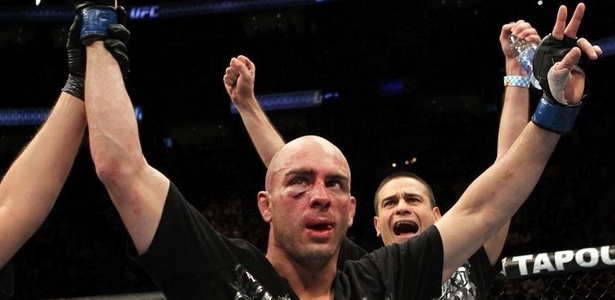I didn’t even know of the existence or channel of digital influencer Jesse Koz and his dog, the Golden Retriever Shurastey (a play on The Clash’s song – Should I Stay or Should I Go? – Shurastey or Shuragow?). The boy sold everything he owned, bought a 78 Beetle and bravely and courageously traveled around the world, traveling through nearly twenty countries with his tireless companion, Shurastey.
On his last adventure, he was heading to Alaska when he hit his car head-on with an SUV. Jesse and Shurastey died instantly. Photos of the two in various locations around the world filled the internet in the days that followed. That’s when, like many people, I learned about the guys’ adventure. The image of Jesse smiling next to the infinitely good Shurastey made her heart ache.
The couple from the seaside resort of Camboriú will be honored with a memorial on the town’s dog walking trail. A tribute to the deep and ancestral bonds between man and his faithful companion.
A guy said at a neuroscience conference that dogs don’t like people. He has cognitive patterns of affiliation and obedience, but that’s not love. I almost asked him if his mother liked him or had cultural ties of affiliation and concern for the transmission of the genome. What a great way to pay. Or not understanding love, or dogs.
Dogs have a crease on their foreheads that wolves don’t have, so they look almost human. It should be clear to readers that I’m a super dog, and I’m writing these misspelled words with the two babies nearby. Jackie Tequila, the eldest, looks at me with an almost human gaze when it’s time to eat or go out in the street. Bella, the youngest, was adopted from a home where she suffered yard abandonment and likely forgetfulness. She is scared and celebrates our return home as if she were seeing Santa Claus.
The psychiatrist Nise da Silveira, in the 1940s, introduced the faithful and serene presence of stray dogs in the care of psychiatric patients. The patients improved surprisingly, as they were considered chronic and incurable patients. Until the end of her life, Nise was always surrounded by her dogs. What would today’s detractors and supremacists say about this infinite delicacy between man and animal?
Dogs have a very similar type of affection to babies. I have seen many people with depression, in more or less severe conditions. We have an almost collective instinct to withdraw from someone who is depressed. Our instincts understand this low energy state as an infection or something dangerous. Only children and dogs do the right thing with a depressed person, which is to stay close and find emotional resonance. Neuroscience has a name for it, which is limbic resonance. It is the ability of mammals to enter into a similar frequency, from an affective point of view, with another mammal. The ability to be close and try to help someone who is in trouble. Dog love, as the neuroscientist said, is not the same as human love, it is not cognitively processed. Rather, it is an ability to resonate with emotion and establish closeness, a Tamo Junto that mammals activate when the group needs mutual protection or care.
Bella especially moves me to have seen in her the same loving healing that I see with patients. Bella had a kind of panic reaction to screams, new people or unknown men. Her fear reaction has always been tremors and loss of control of urination. Over time, he has gone from an Insecure link to a Secure link, today he has more confidence in his environment and in life. In clinical practice, there is also a long way to go to heal wounds and rebuild the connection with life. Stop punishing yourself for what others have done. It sounds strange to think about, but pay attention to how many people hate themselves for the mistakes others make, especially in the early years of their lives.
I look at the photo of Jesse Koz and Shurastey and I feel pain for the loss of guys I haven’t met, but also for the mystery of having lived together the most incredible moments of their lives and being dead together. They almost look like the same person.
(I finish the text with a tear in one corner. Bella walks over and gives me a lick).
*Marco Antonio Spinelli is a doctor, holds a master’s degree in psychiatry from the University of São Paulo, Jungian-oriented psychotherapist and author of the book “Stress, Alice’s rabbit is always in a hurry”

“Pop culture fan. Coffee expert. Bacon nerd. Infuriatingly humble communicator. Friendly gamer.”



:strip_icc()/s.glbimg.com/es/ge/f/original/2016/10/06/2016-10-06t191304z_1_lynxnpec951cp_rtroptp_3_olimp-canadense-cocaina-rio2016.jpg)



:strip_icc()/i.s3.glbimg.com/v1/AUTH_e7c91519bbbb4fadb4e509085746275d/internal_photos/bs/2023/Y/u/2AxdVpQoWAyEkLJl2O4w/gettyimages-1582671039.jpg)